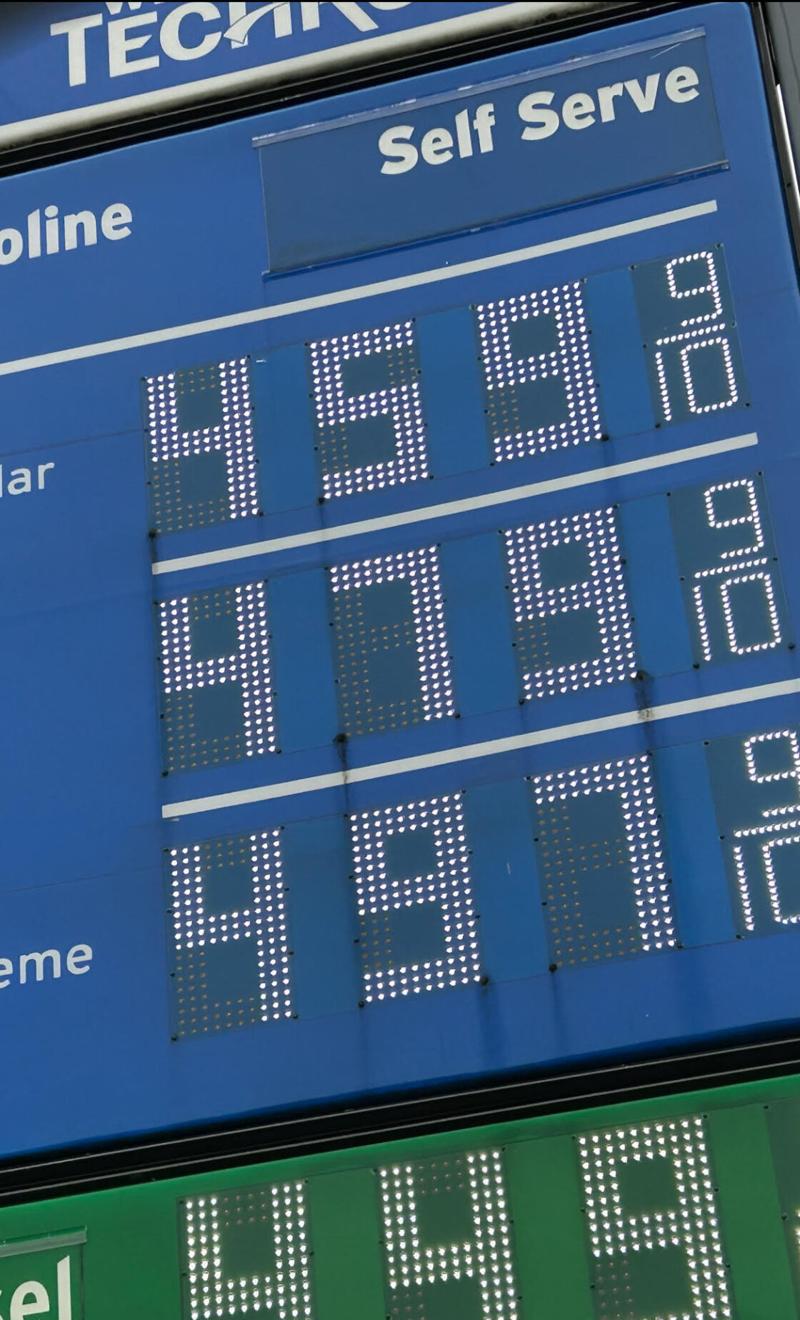(The Center Square) – California legislators signaled concerns with state regulators’ newly passed carbon standards, with one of the two appointees who voted against the standards warning the measure’s new costs — which the state said could add 47 cents to the cost of a gallon of gasoline next year — could empower president-elect Donald Trump to take federal action against the state’s climate measures.
“The amendments were passed in a single 12-hour hearing, with little time for meaningful public input or thorough analysis. The expedited timeline, seemingly driven by fears of potential federal climate rollbacks under a Trump administration, unfortunately left many questions unanswered,” wrote Dean Florez, a member of the California Air Resources Board that just passed tighter requirements for the state’s Low Carbon Fuel Standard.
“Regrettably, the decision may end up fueling opposition and empowering climate policy critics like incoming President Donald Trump, who has already argued that California’s approach to climate action disproportionately burdens working families,” continued Florez.
California’s Low Carbon Fuel Standard requires transportation fuel producers to meet steadily tightening carbon intensity standards that will reduce the state’s transportation-related carbon emissions by 90% by 2046. Producers of fuels that are “worse” than the rising “clean” standard, such as petroleum refineries that produce gasoline or diesel, must purchase excess credits from producers of transportation “fuel” that is cleaner than the standard, such as electric vehicle charging or hydrogen station operators.
CARB estimates the new LCFS will create $105 billion in credits for EV charger operators, and $8 billion for hydrogen by 2046, which means a cost of $113 billion largely for makers – and ultimately consumers – of diesel and gasoline.
Because poorer drivers tend to live farther away from work, and many renters cannot charge their EVs at home, LCFS costs are largely carried by the state’s working class that cannot afford electric vehicles that average $783 per month to finance.
A major backlash by working class voters could empower the legislature to override CARB, all but two of whose voting members are appointed by the governor.
“I expect the air board to be responsive to the public and the Legislature,” said State Assembly Speaker Robert Rivas, D-Salinas, to KCRA.
California’s refinery operators Valero and Chevron, which operate about half the state’s refining capacity, have warned they could leave.
“Don’t be surprised to see older refiners throw in the towel, exacerbating California’s gas prices and supply,” said gas analyst Patrick de Haan in response to CARB’s LCFS passage over the weekend.
Major price hikes and supply shortages would impact drivers not just in California, but those in Nevada and Arizona, which rely on California for fuel.







